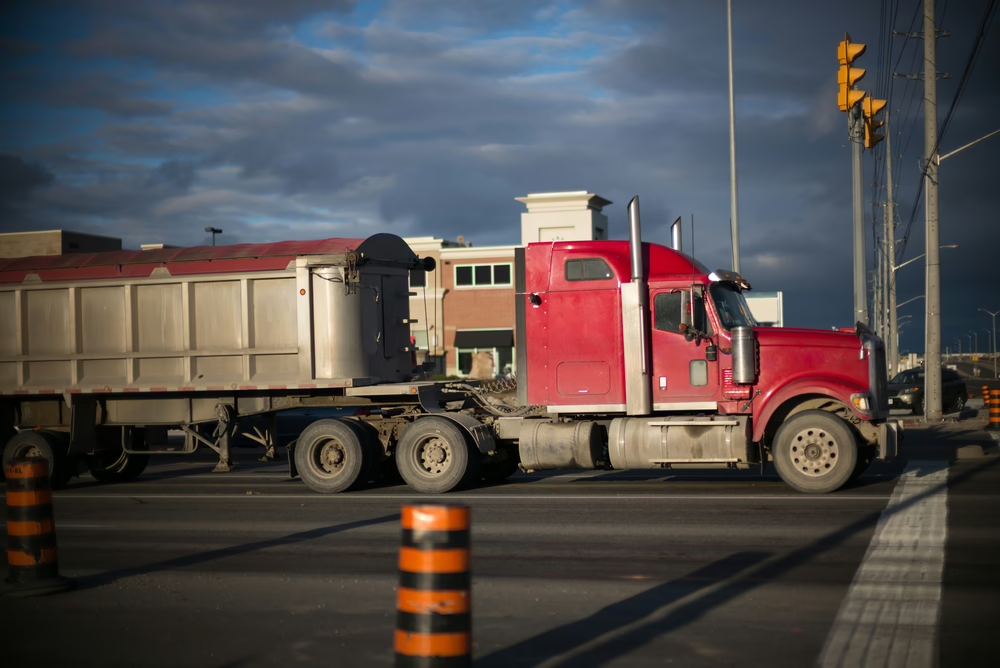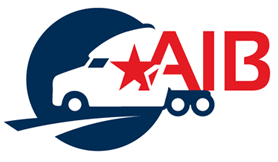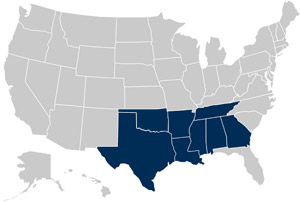How Louisiana’s Weather Affects Trucking Operations Year-Round
Louisiana’s weather isn’t just hot and humid—it’s volatile, and that volatility poses unique operational challenges. Trucking companies must prepare for a wide variety of seasonal conditions that can disrupt schedules, damage freight, and increase insurance claims.
Understanding these seasonal patterns can help fleet managers adjust delivery schedules, modify routes, and prepare drivers for changing hazards.
Liability insurance is the basic, commercial auto insurance Louisiana businesses can obtain. It covers injuries or damage to other people or property if you’re at fault for an accident.
Spring: Flash Flooding and Tornado Risk
Spring in Louisiana is marked by high humidity, sudden thunderstorms, and intense rainfalls that often lead to flash flooding. Low-lying roads, especially in southern parishes, can become impassable within minutes. The unpredictable weather can also bring tornadoes, which may develop quickly and with limited warning.
Flood-prone corridors like I-10 and I-12 can become extremely hazardous during these months. Drivers must navigate deep standing water, hydroplaning risks, and detours caused by road closures.
Fleet Tip: Ensure drivers know how to recognize flood zones and reroute safely. Provide alternate GPS routing for common delivery paths.
Summer: Hurricane Season and Overheating Concerns
Hurricane season officially starts in June and runs through November, peaking in August and September. Louisiana has seen its share of devastating storms, and commercial vehicles are particularly vulnerable to high winds, flooding, and mandatory evacuations.
Beyond hurricanes, the extreme summer heat in the state can cause engine overheating, tire blowouts, and driver fatigue. These mechanical and physical stressors can delay deliveries and put your team at risk.
Fleet Tip: Invest in a hurricane response plan that includes staged deliveries, early rerouting, and shelter-in-place instructions. Maintain engine cooling systems and educate drivers on heat stroke prevention.
Fall: Unstable Storm Activity and Equipment Stress
While temperatures begin to cool in the fall, the state can still see lingering tropical storms. Unpredictable wind and rain can weaken infrastructure already damaged by summer storms. Fallen trees and debris are common hazards.
Equipment exposed to heat during the summer often begins to show wear by fall—air systems, brakes, and seals may begin to fail if not inspected regularly.
Fleet Tip: Perform post-summer inspections on all vehicles and address brake, tire, and electrical system vulnerabilities.
Winter: Dense Fog and Unexpected Freezes
Though rare, Louisiana does experience icy bridges and freezing rain during winter. The bigger concern, however, is fog—especially in swampy or coastal areas. Dense fog can reduce visibility to mere feet and increase the risk of collisions.
Morning travel, especially along waterways like Lake Pontchartrain or the Atchafalaya Basin Bridge, is particularly dangerous.
Fleet Tip: Avoid scheduling early morning departures in high-fog areas. Use fog lights, and train drivers on best practices for low-visibility operation.








